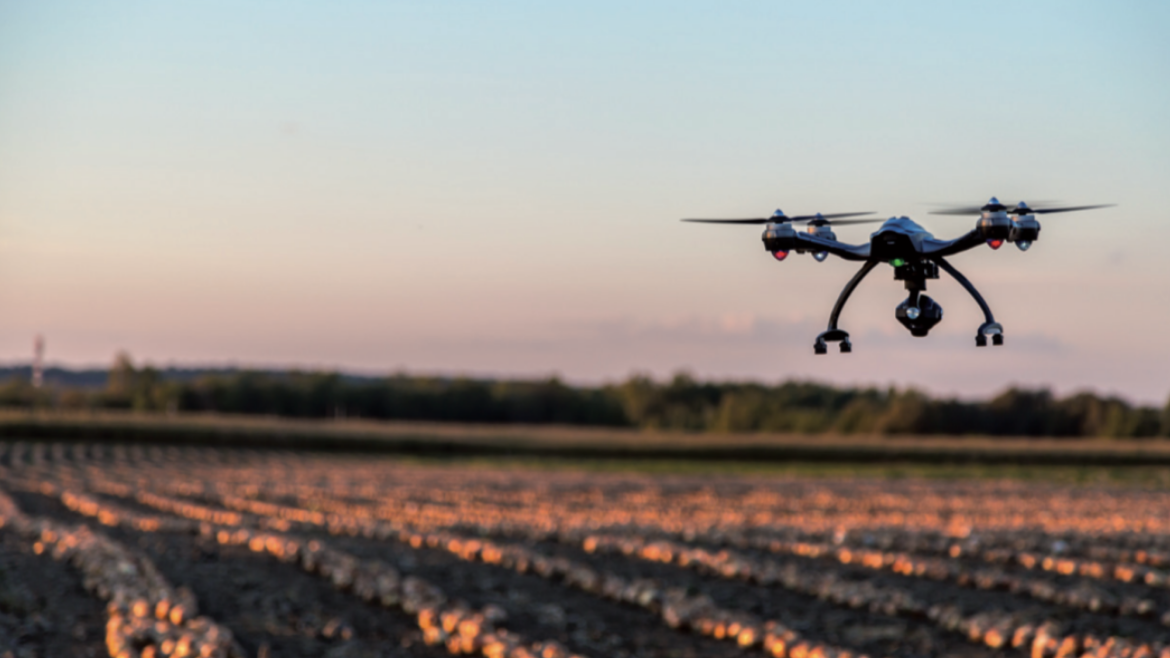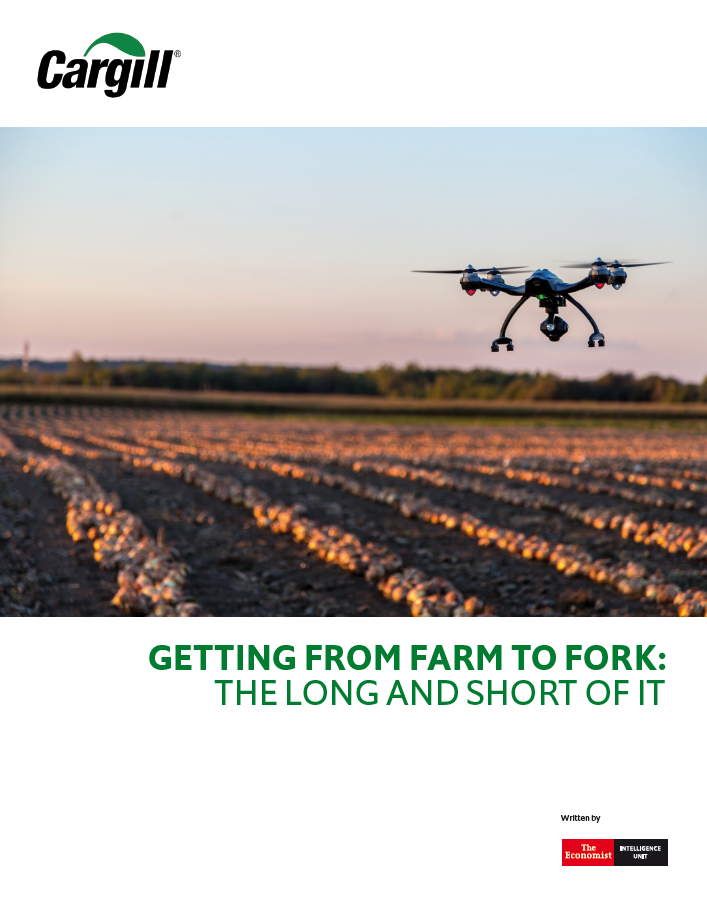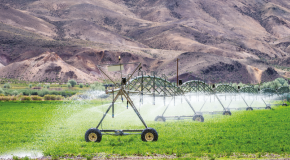Rapid income growth and urbanisation will have profound impacts on Asia’s food supply chains. Urbanisation, in particular, will contribute to supply- and demand-side imbalances for domestically produced food, as farmers leave rural areas in search of job opportunities in the cities. Without a strong transition plan to manage rapid rural–urban migration across developing Asia, domestic food supply chains will be disrupted. Inadequate infrastructure, for example, could lead to food loss and discourage trade. At the same time, growing fears about food self-sufficiency could impede efforts to supplement domestic food with food from elsewhere. Together, these forces will place Asia’s food supply chains under increasing pressure.
Getting from farm to fork: The long and short of it focuses on how this growing strain on Asia’s domestic food supply chains is heightening food security fears and shaping regional trade and policies. The study looks to address the following questions: How can Asian governments improve food supply chains while managing rapid urbanisation and population growth? How are companies and policymakers planning for the future? How do policymakers balance worries about food self-sufficiency and food prices with domestic concerns about protecting farmers?
Download article Getting from farm to fork: Roads, drones and digital highways to learn more>
In order to understand how food supply chains in Asia will function in 2030, we explore on 2 key areas in the Getting from farm to fork: The long and short of it report:
- Megatrends driving change in food supply chains
- Opportunities for policymakers, the private sector and other concerned stakeholders to manage these trends.
Download report Getting from farm to fork: The long and short of it for more details>






